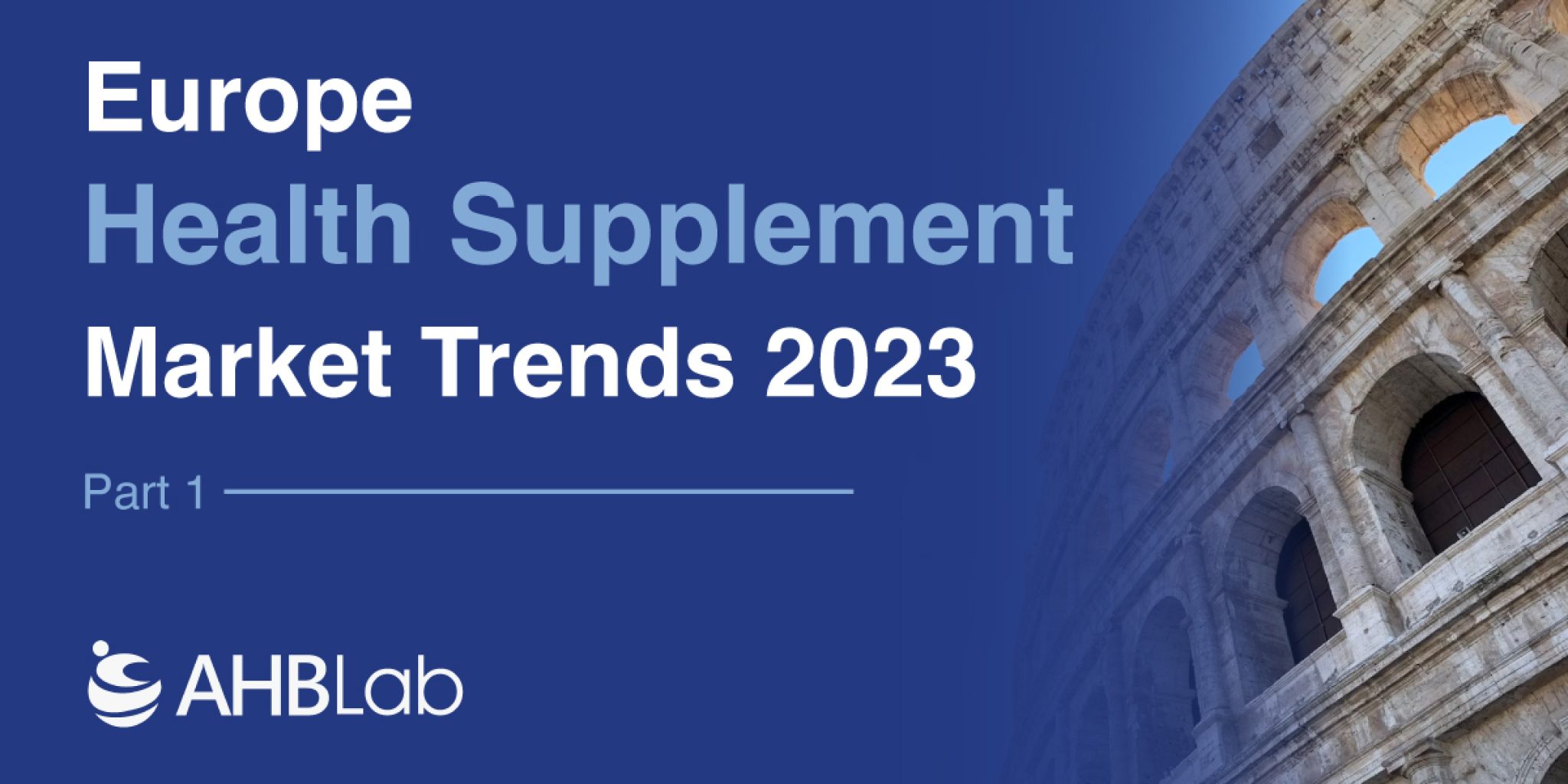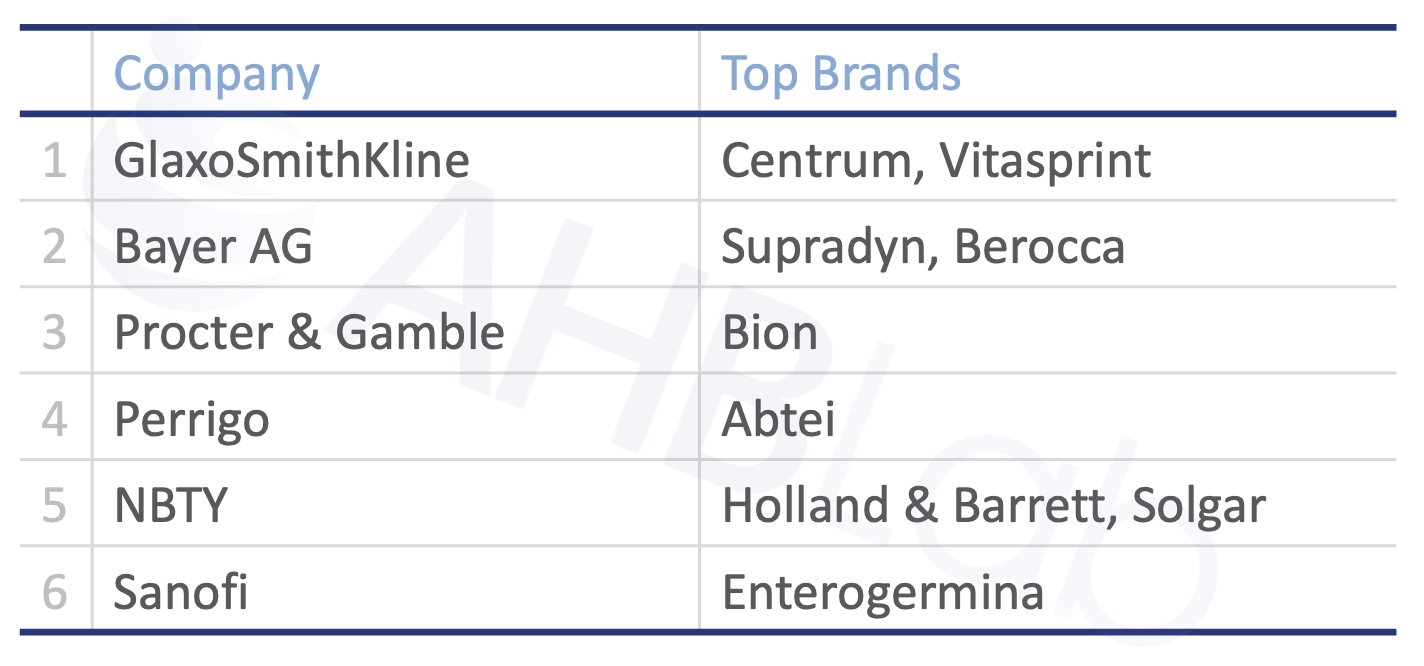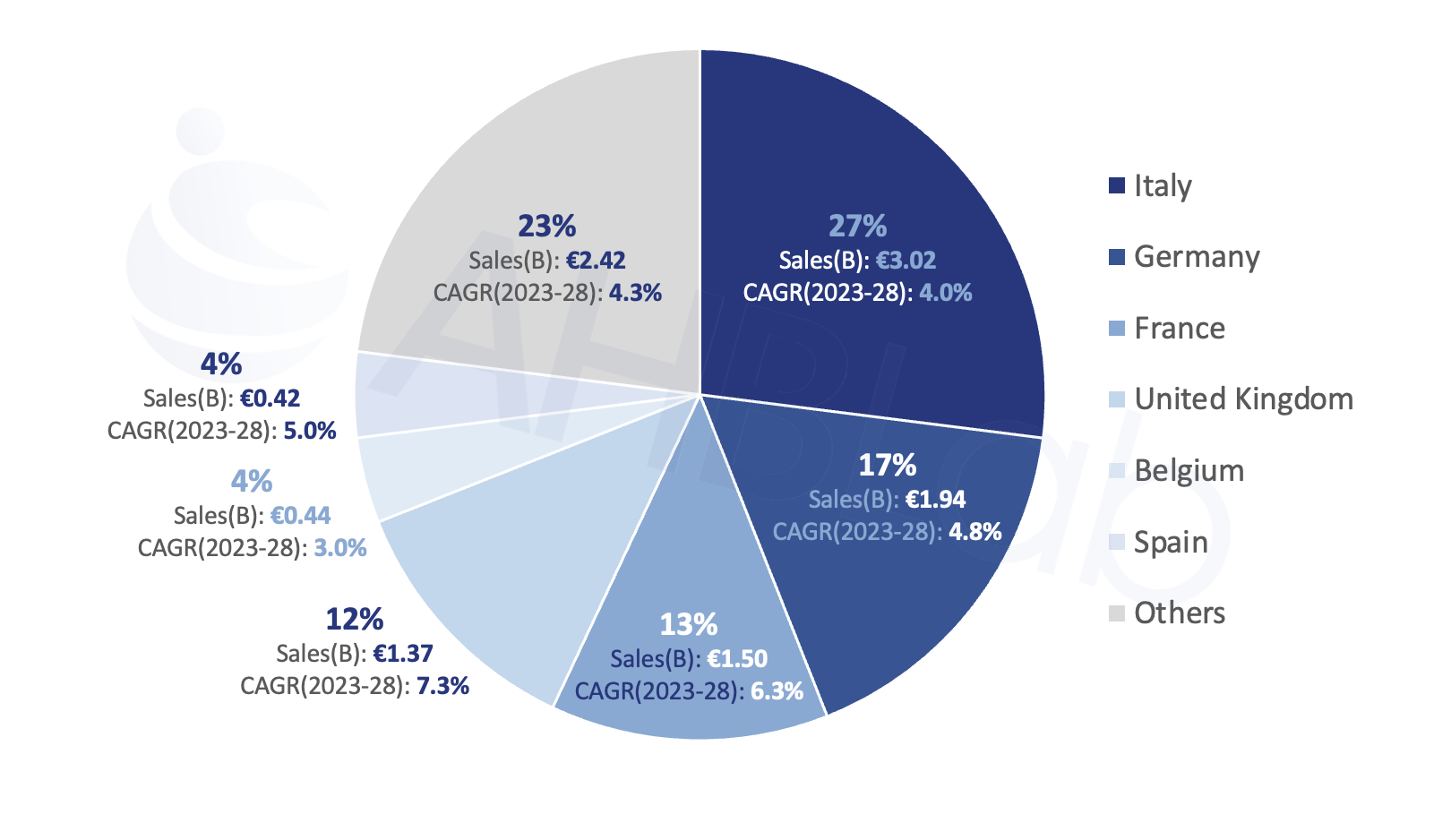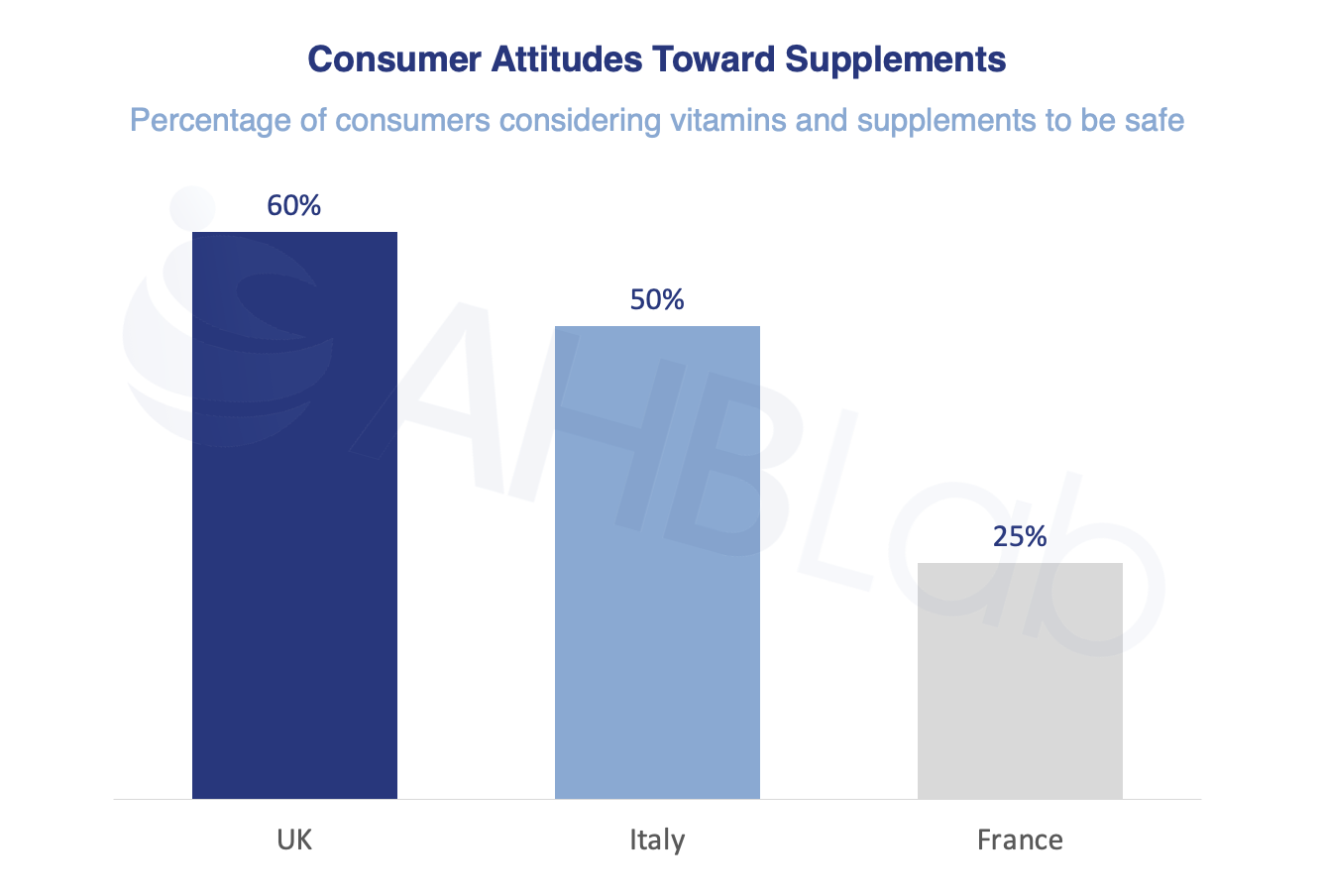The Europe health supplement market is one of the largest and fastest-growing markets in the world. It’s driven by consumer demand for personalized and science-backed products. The market was valued at €14.95 billion in 2019 and is projected to reach €33.80 billion by 2027, at a CAGR of 9.3% in the forecast period. In this blog post, we will explore some of the key trends shaping the Europe health supplement market in 2023 and provide insights for brands and consumers.
Europe Health Supplement Market Overview
The Europe health supplement market is a dynamic and diverse industry, with a variety of products, brands, and distribution channels. The market includes vitamins, minerals, herbal supplements, and other dietary supplements that are used to support health and wellness. Consumers in Europe are increasingly interested in preventative health and wellness, which has driven the growth of the health supplement market.
Market Size and Top Players
Top branded supplement companies such as GlaxoSmithKline, Bayer AG, and Procter & Gamble dominate the Europe health supplement market, with private label also playing a key role.
According to a report by Euromonitor, the Western European vitamin and dietary supplement market reached an estimated €11.1 billion in 2020, with a forecast CAGR of 4-5% through 2025. Italy, Germany, France, and the UK represent 70% of Europe’s supplement market, with Italy leading at 27% market share. According to forecasts, the UK, France, and Spain are expected to be the fastest-growing markets in the period of 2020-2025.
Top Supplement Markets in Western Europe
Consumer Attitudes Toward Supplements
The research indicates that consumer attitudes toward supplements can vary across different European countries. While UK consumers generally have the most positive associations with supplements. With 60% of consumers considering vitamins and supplements to be safe. And 40% believing they are important for health and nutrition, the situation is different in Italy and France. In Italy, nearly half of the consumers surveyed believe that vitamins and supplements are safe to consume. Wchile in France, only about one in four consumers share this view.
Regardless of the country, however, it seems that less than half of consumers consider themselves knowledgeable about vitamins and supplements. This represents a significant opportunity for health supplement brands to educate consumers and build awareness about the benefits of different supplements. Interestingly, it is worth noting that German consumers tend to score the highest in terms of self-reported knowledge about vitamins and supplements. This finding indicates that there may be potential for increasing awareness and knowledge of these products in other European countries.
Emerging Trends
Europe Health Supplement Market Trends
- Personalized nutrition: Personalized supplements, tailored to individual needs based on genetic data, lifestyle, and dietary habits, are becoming more popular. This enables consumers to address their specific health concerns and goals more effectively.
- Plant-based supplements: With the rise of plant-based diets and environmental consciousness. There is a growing demand for plant-based alternatives to traditional supplements. These include protein powders, vitamins, and minerals derived from plant sources.
- DNA sequencing: DNA sequencing involves determining the precise order of nucleotide bases (adenine, guanine, cytosine, and thymine) in a DNA molecule. This process, when combined with peptide research, enables the development of personalized therapeutic strategies that target specific genetic and protein interactions for improved health outcomes.
- Functional foods and beverages: There is an increasing interest in functional foods and beverages that offer additional health benefits besides basic nutrition. Examples include probiotic-enriched products, protein-fortified snacks, and immune-boosting beverages.
- Mental health supplements: As mental health becomes a more significant public health concern, supplements that promote cognitive health, stress reduction, and mood enhancement are gaining traction.
- Immune system support: The COVID-19 pandemic has led to an increased awareness of the importance of a robust immune system. As a result, supplements that claim to support immune function. Such as vitamins C and D, zinc, and elderberry, are experiencing a surge in demand.
What Else?
- Sustainable packaging: Additionally, as the focus on sustainability continues to grow, supplement brands are adopting eco-friendly packaging materials and solutions. For example, biodegradable and recyclable materials, to reduce their environmental impact.
- Transparency and traceability: Consumers are becoming more discerning about the supplements they choose. They are looking for brands that provide transparency about the ingredients, sourcing, and manufacturing processes. This is driving a trend toward greater transparency and traceability in the industry.
- Technological innovations: Technological innovations are transforming the health supplement industry. Advances in technology, including nano-encapsulation, microencapsulation and biosynthetic , are enabling more efficient delivery systems and improving the bioavailability of supplements.
Conclusion
Furthermore, to capitalize on these trends. Health supplement brands are increasingly incorporating new and innovative ingredients into their product lines that address specific consumer concerns. For instance, research has shown that probiotics are effective in supporting digestive health and immunity. While adaptogenic herbs such as ashwagandha and rhodiola can help reduce stress and improve cognitive function.
Stay Tuned for Part 2: Exploring the Top Europe Health Supplement Market Trends
As we can see, the Europe health supplement market is growing rapidly, projected to reach a CAGR of 9.3% in the coming years. In part 2 of this article, we will discuss the top supplement trends that businesses should know to meet the evolving needs of European consumers. Don’t miss our next article or feel free to contact us at AHB Lab to learn more about navigating the health supplement market in Europe.










One Response